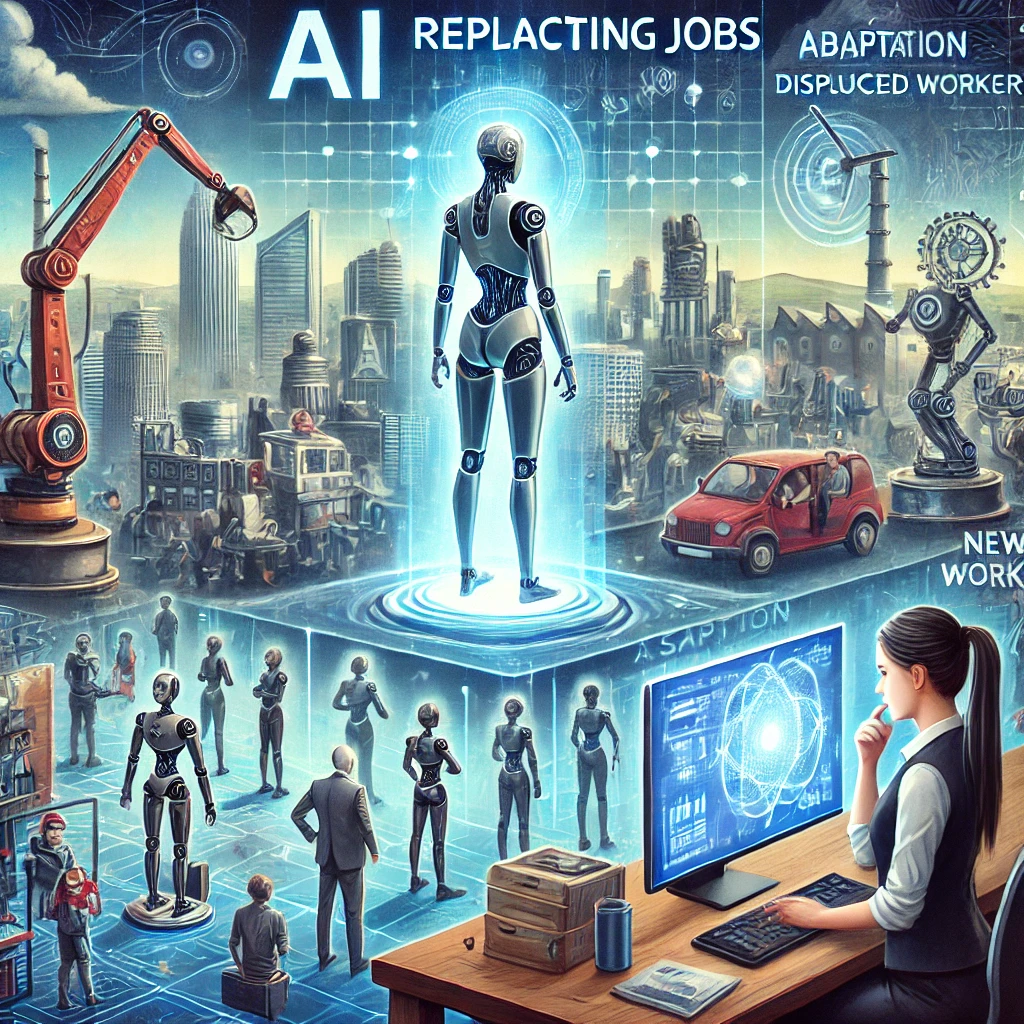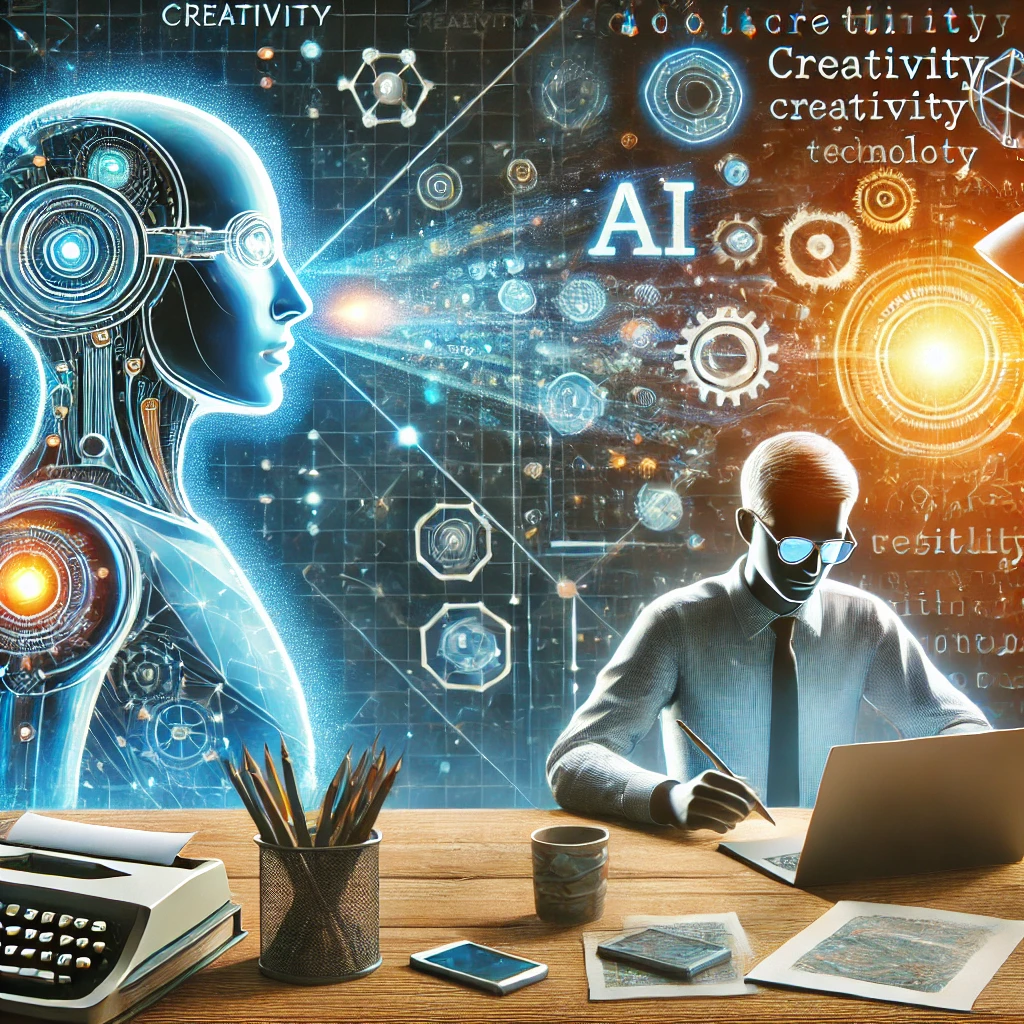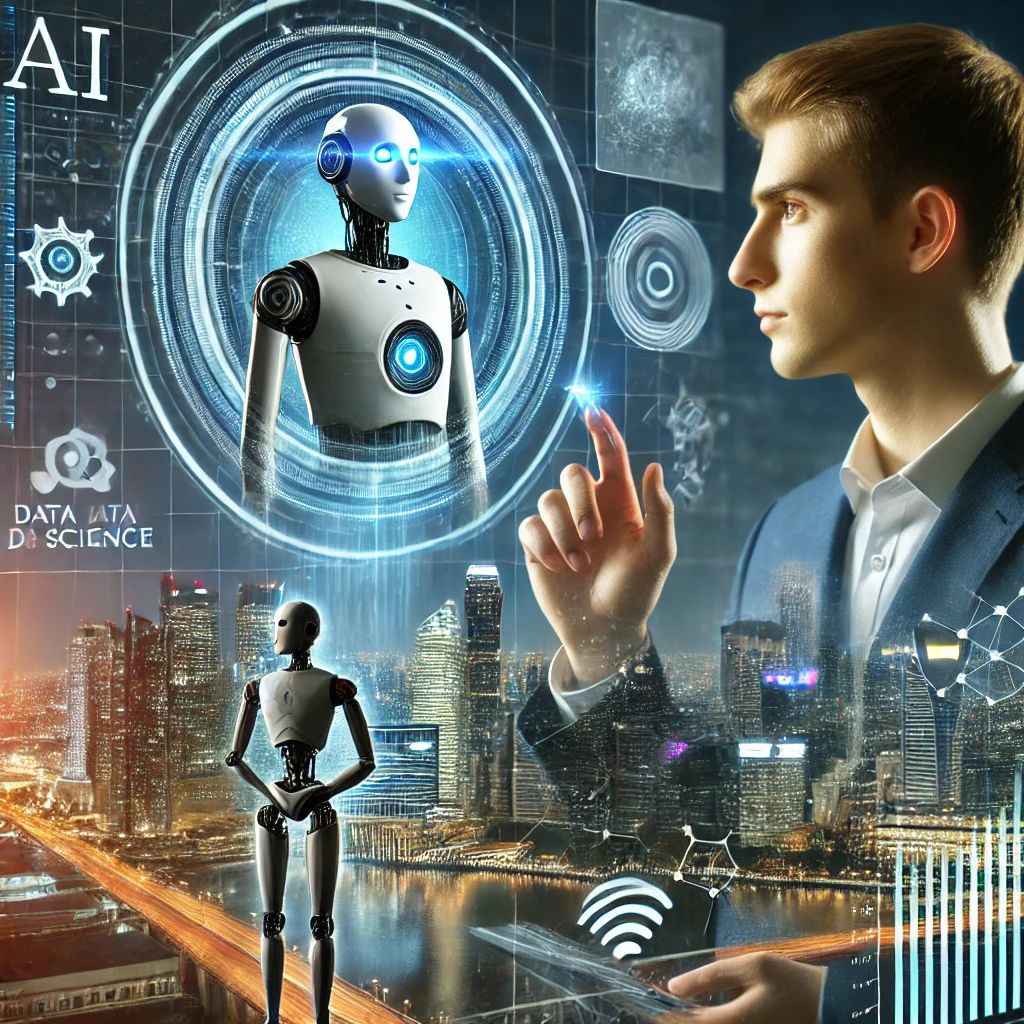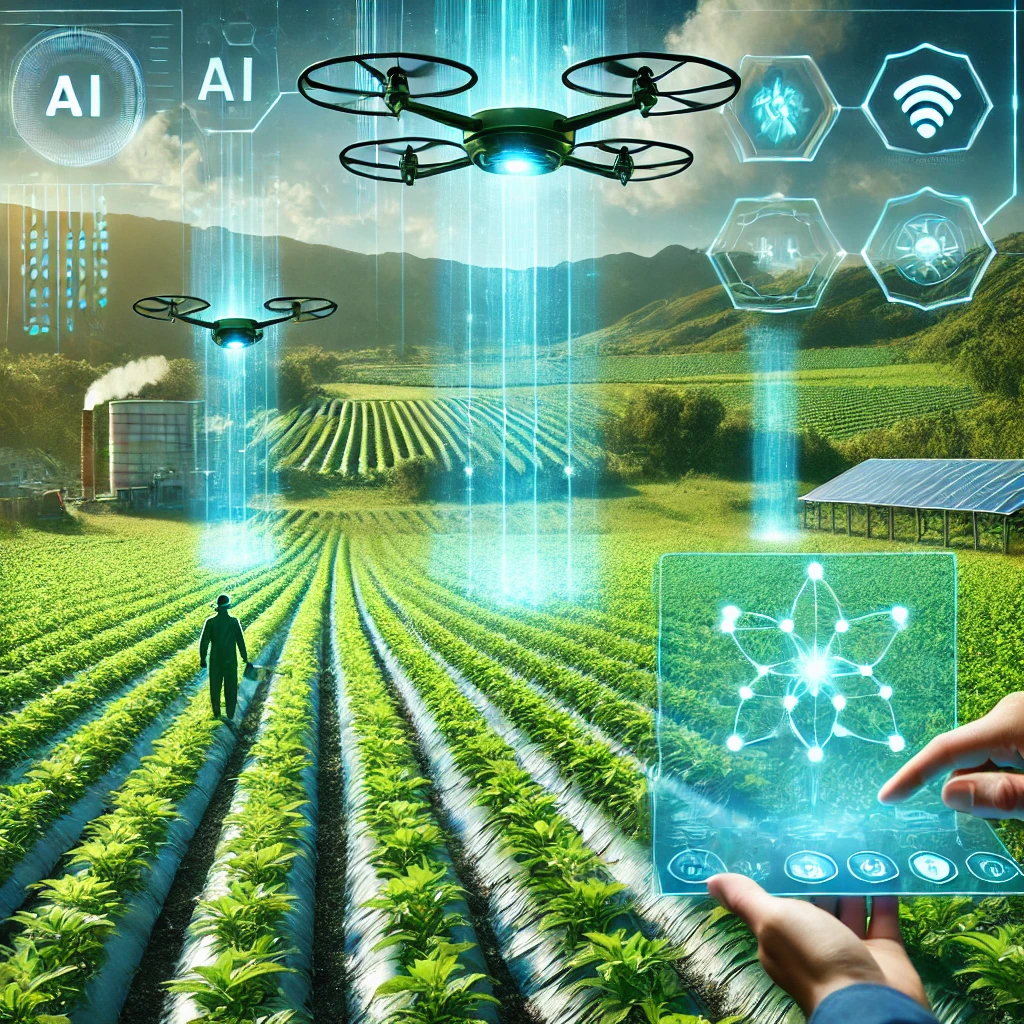Artificial Intelligence is transforming the job market, automating tasks once thought exclusive to humans. From customer service to manufacturing, Data science is streamlining processes, improving efficiency, and reducing costs. However, as automation advances, the concern over job displacement grows. This article explores how AI will influence jobs and industries in 2025 and how professionals can adapt to these changes.
Table of Contents
ToggleThe Industries Most Affected by AI Automation
AI’s ability to analyze vast datasets, predict outcomes, and execute tasks with precision has made it an invaluable asset across various sectors. The following industries are expected to experience significant shifts due to AI advancements:
1. Manufacturing and Automation
Manufacturing has long been at the forefront of automation. Robotics and AI-powered systems are replacing assembly line workers, reducing human error, and improving production speeds. While this enhances efficiency, many factory jobs are at risk of being eliminated.
2. Customer Service and Support
Chatbots and AI-driven virtual assistants are taking over customer service roles, providing instant responses and resolving queries efficiently. Businesses save money, but many call center jobs are disappearing as a result.
3. Retail and E-commerce
With AI-driven recommendation engines, personalized shopping experiences, and automated checkout systems, traditional retail jobs are under threat. Companies like Amazon are already leveraging AI-powered warehouses with robotic workers.
4. Transportation and Logistics
Self-driving vehicles and AI-powered route optimization are revolutionizing transportation. Truck drivers, delivery personnel, and even ride-hailing services may see job reductions as autonomous technology becomes mainstream.
5. Healthcare and Diagnostics
AI is playing a significant role in diagnosing diseases, analyzing medical images, and predicting health outcomes. While this enhances patient care, administrative and diagnostic jobs may shrink as AI tools become more sophisticated.
Key Statistics on AI’s Impact on Jobs (Infographic)
- 85 million jobs may be displaced by AI by 2025 (World Economic Forum)
- 97 million new roles could emerge as AI technology creates new opportunities
- 42% of job skills will change significantly in the next five years
Coping with AI-Driven Job Displacement
As AI reshapes the workforce, professionals must adapt to remain relevant. Here are some strategies to cope with AI-driven changes:
1. Upskilling and Reskilling
- Learn AI-related skills such as machine learning, data analysis, and coding.
- Take online courses and certifications in technology-driven fields.
2. Emphasizing Human-Centric Skills
- Focus on skills AI cannot easily replicate, such as emotional intelligence, creativity, and critical thinking.
- Enhance interpersonal and problem-solving skills.
3. Transitioning to AI-Augmented Roles
- Consider roles that involve working alongside AI, such as AI ethics consultants or AI trainers.
- Adapt existing skills to work with AI-powered tools and automation.
Case Study – How Companies are adapting to AI
Artificial Intelligence is undeniably reshaping our world, offering solutions to complex problems and driving innovation across sectors. However, it is crucial to navigate its challenges thoughtfully to harness its full potential while safeguarding against unintended consequences. As we continue to integrate AI into various aspects of life, a balanced approach that considers both its advantages and disadvantages will be key to ensuring all realize its benefits.
Many organizations are proactively adapting to AI by reskilling their workforce. For example, Amazon’s Upskilling 2025 Initiative is investing $700 million to train employees in AI and cloud computing roles, ensuring they remain employable despite automation.
Tips for Future-Proofing Your Career
- Stay updated with AI advancements and industry trends.
- Develop a growth mindset and be open to career shifts.
- Leverage online learning platforms to acquire new skills.
Conclusion
AI is reshaping industries and job roles at an unprecedented pace. While automation will replace some jobs, it will also create new opportunities for those willing to adapt. By upskilling, embracing AI-augmented roles, and focusing on uniquely human capabilities, professionals can thrive in the AI-driven world of 2025.
read more here: https://ssir.org/articles/entry/ai-impact-on-jobs-and-work
FAQs
1. Will AI completely replace human jobs? AI will automate certain tasks, but it will also create new job opportunities in AI development, maintenance, and oversight.
2. What are the best skills to learn to stay relevant? AI literacy, data science, cybersecurity, cloud computing, and emotional intelligence are crucial for future-proofing careers.
3. Can AI create new industries? Yes, AI is driving innovation in areas like autonomous systems, AI-generated content, and predictive analytics, leading to new business opportunities.
4. What careers are safe from AI? Jobs requiring human intuition, creativity, emotional intelligence, and strategic decision-making are less likely to be automated.
5. How can companies prepare their employees for AI disruption? Organizations should invest in employee training, offer career transition programs, and integrate AI tools that enhance rather than replace human work.



